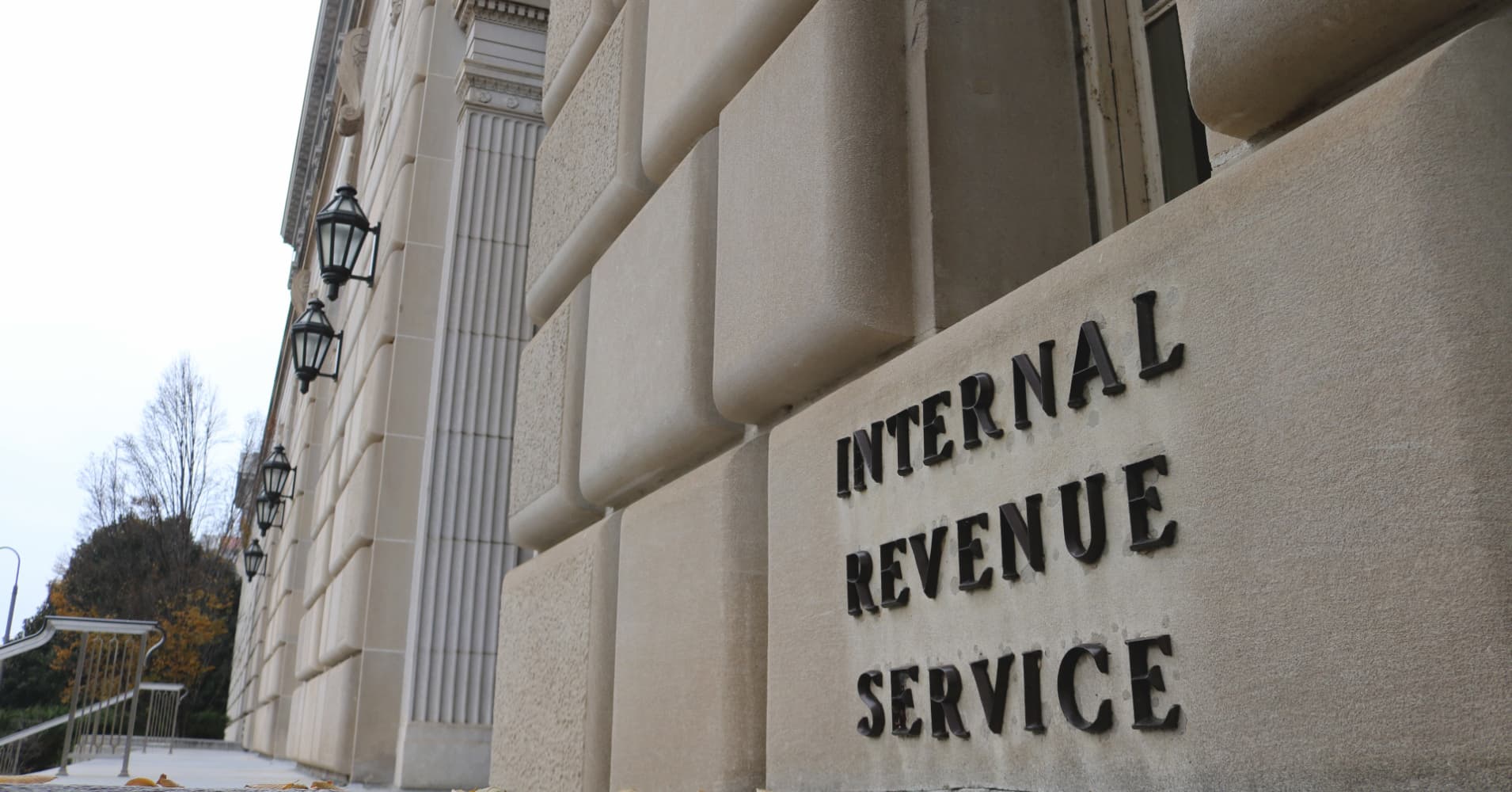
Part of that swelling demand stemmed from new anti-fraud regulations that took effect last year, delaying refunds until mid-February for consumers claiming the earned income tax credit or the additional child tax credit.
This year, experts say, the ongoing government shutdown could generate even more interest, both from affected workers who are running low on financial resources, as well as other taxpayers who worry about refund delays tied to the shutdown and implementation of the new tax rules.
The IRS said last week that income-tax filing season would begin on Jan. 28 as planned, and that it would pay refunds to consumers in spite of the shutdown. But tax pros have expressed doubts that the season will go off without a hitch.
More from Personal Finance
IRS confirms tax season will start Jan. 28, despite government shutdown
Do-it-yourself online filers may need to ask for some help this tax season
The shutdown won’t give you any reprieve from this Jan. 15 tax deadline
Consumer advocates generally don’t like refund-advance products, due to both high costs and the potential for scams. And because the IRS often issues refunds quickly (by its own estimations, in less than 21 days), it’s usually a better idea to steer clear, said Bruce McClary, a spokesman for the National Foundation for Credit Counseling.
“The situation is complicated this year because of the government shutdown,” he said. “It does put a fly in the ointment of all the advice we’ve given in the past to just sit tight instead of taking an advance.”
“There are a lot of people living on the edge right now,” McClary said — and for many of those consumers, a tax refund is a substantial check.
Here’s how to navigate the field:
Be the first to comment